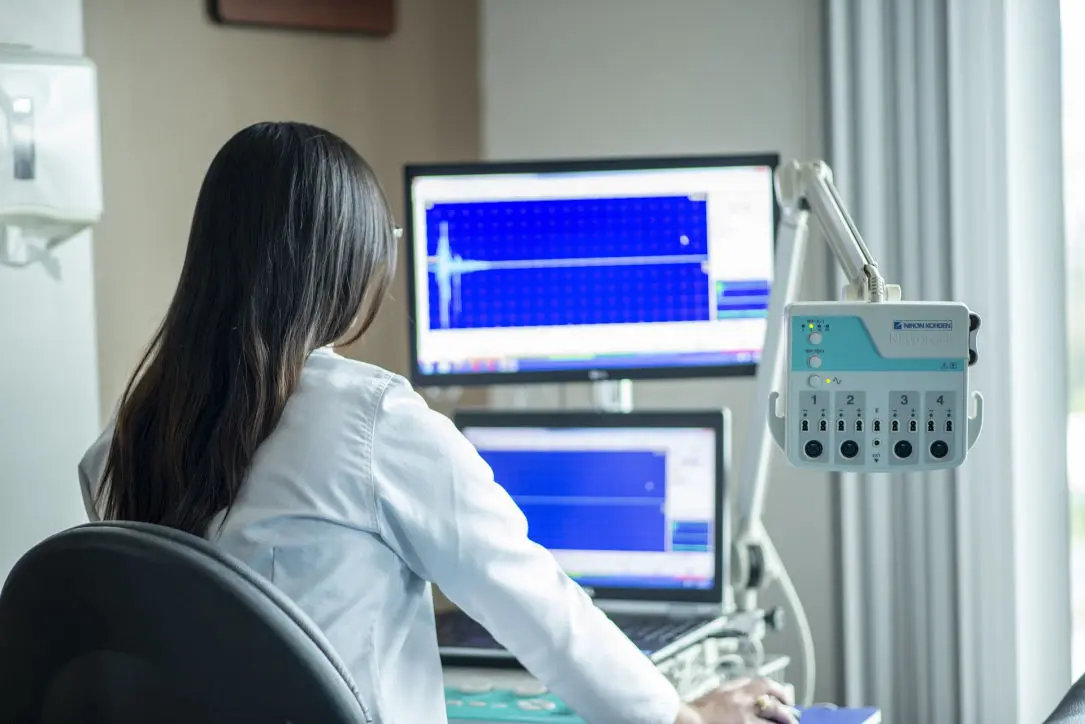A. General Overview

Dementia, a progressive neurological disorder characterized by cognitive decline, memory loss, and impaired daily functioning, poses significant challenges to affected individuals, caregivers, and healthcare systems worldwide. As our understanding of dementia deepens, ongoing research is shedding light on innovative approaches and strategies for improving the quality of life for those living with dementia and their caregivers.
1. Personalized Interventions and Precision Medicine:
Recent research has highlighted the significance of tailoring interventions to the individual needs of dementia patients. Advances in biomarker research enable the identification of specific subtypes of dementia, allowing for personalized treatment plans. Precision medicine approaches aim to match interventions, such as cognitive training, medication, and lifestyle modifications, to the unique characteristics of each patient, maximizing effectiveness.
2. Non-Pharmacological Interventions:
Non-pharmacological interventions are gaining prominence as effective means of managing dementia symptoms. Therapeutic activities like music therapy, art therapy, aromatherapy, and reminiscence therapy have shown promise in enhancing cognitive function, reducing agitation, and improving overall emotional well-being in dementia patients.
3. Technology and Digital Solutions:
Technological advancements are revolutionizing dementia care. Smart home technologies, wearable devices, and assistive apps help monitor patients' well-being, track medication schedules, and provide real-time data to caregivers and healthcare providers. Virtual reality and video games are also being explored for cognitive stimulation and emotional engagement in dementia patients.
4. Support for Caregivers:
Recognizing the crucial role caregivers play in the lives of dementia patients, research is focusing on developing support systems for caregivers. Education programs, respite services, online communities, and counseling sessions are designed to alleviate caregiver stress, enhance their coping mechanisms, and improve the overall caregiving experience.
5. Environmental Design for Dementia-Friendly Spaces:
Architectural and environmental design considerations are gaining traction in dementia care research. Creating dementia-friendly physical environments that minimize confusion, enhance safety, and promote engagement has shown positive effects on patients' well-being and behavior. This includes design principles like clear signage, color contrast, and sensory stimulation.
6. Nutrition and Lifestyle Factors:
Emerging studies are highlighting the impact of nutrition and lifestyle on dementia risk and progression. Diets rich in antioxidants, omega-3 fatty acids, and nutrients like vitamin D and B vitamins are being investigated for their potential to support brain health. Additionally, regular exercise and social engagement are associated with cognitive resilience in older adults.
7. Early Detection and Intervention:
Early diagnosis of dementia allows for timely intervention and support. Advances in neuroimaging techniques, such as PET scans and MRI, aid in detecting brain changes associated with dementia even before significant symptoms manifest. Early interventions, including cognitive training and pharmacological treatments, are being explored to slow down disease progression.
8. Collaborative Care Models:
Integrated and collaborative care models involving multidisciplinary teams are being promoted for dementia care. These models involve neurologists, geriatricians, psychologists, social workers, and other specialists working together to provide comprehensive care that addresses medical, emotional, and social needs.
9. Cognitive Enhancing Medications:
Pharmacological research is ongoing to develop medications that target the underlying mechanisms of cognitive decline in dementia. New drugs are being investigated for their potential to enhance memory, and cognitive function and delay disease progression.
As research in dementia care evolves, a holistic and multidimensional approach is emerging, encompassing personalized interventions, technology integration, caregiver support, and lifestyle modifications. These developments hold promise in improving the lives of individuals living with dementia and their caregivers, offering hope for a more compassionate and effective approach to dementia care in the future.


